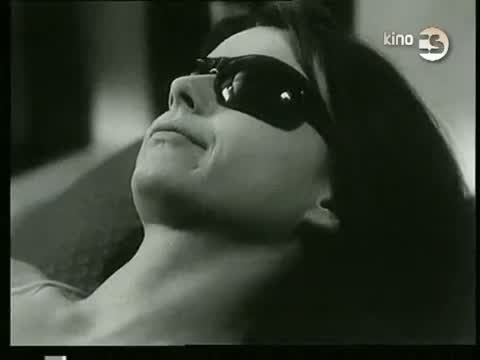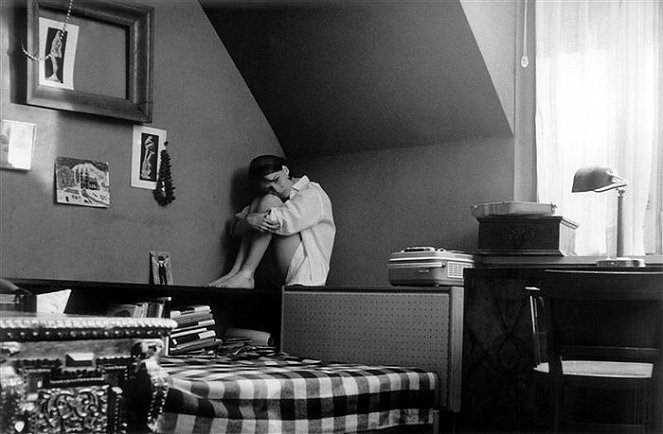Réalisation:
Hynek BočanPhotographie:
Jan NěmečekMusique:
Wiliam BukovýActeurs·trices:
Jan Kačer, Štěpánka Řeháková, Josef Chvalina, Hana Kreihanslová, Jaromír Spal, Zdeněk Hodr, Libuše Havelková, Bohumil Vávra, Radoslav Brzobohatý (plus)Vidéo (1)
Critiques (2)
An intimate psychological drama with the then-popular elements of absurd drama, which was favored because it allowed for the criticism of the conditions in a totalitarian society using metaphors. The film is part of the famous Czech wave and was at the beginning of the relaxation of censorship in Czech cinema. Immediately after, a series of similar films followed, such as A Report on the Party and Guests, which took aim at the position of the common man in a society bound by ideology and power institutions. Nobody Will Laugh is a film about human adaptability, cowardice, and morality. It says a lot about socialist Czechoslovakia in the mid-60s, the negative influence of various residential committees, trade union, and communist meetings, but the main conflict is timeless and with small adjustments could even be created today. However, such films are no longer made nowadays. They do not have the appropriate commercial response. What's worse, comparing the situation back then to today does not work in our favor. Not only does higher education benefit from the recycling of old materials, but journalism largely relies on it as well... The film is excellent in terms of acting, and Jan Kačer demonstrates maximum commitment, as usual. Overall impression: 70%.
()
An absurdist three-generation morality tale that is as caustic toward working-class (and always vigilant) comrades as it is to elitist intellectuals and superficial youths. The film escalates from the minor shirking of one man who has grown lazy to a society-wide criticism of pathological egalitarianism, hypocrisy and envy (by means of which it differs from the more narrowly focused source material). In his directorial debut, Bočan demonstrates his talent for ascertaining what is important through details, when he increases the seriousness of the narrative using subtle shifts in meaning (the initially comical snooping is later ruthlessly turned against Klíma; the visual gag with the beaten path becomes a metaphor for human adaptability). I was surprised only by the episode from the youth club, which presented socialist youth in the manner of some episodes of Major Zeman or the Normalisation-era crime film Mravenci nesou smrt. 75%
()



Annonces